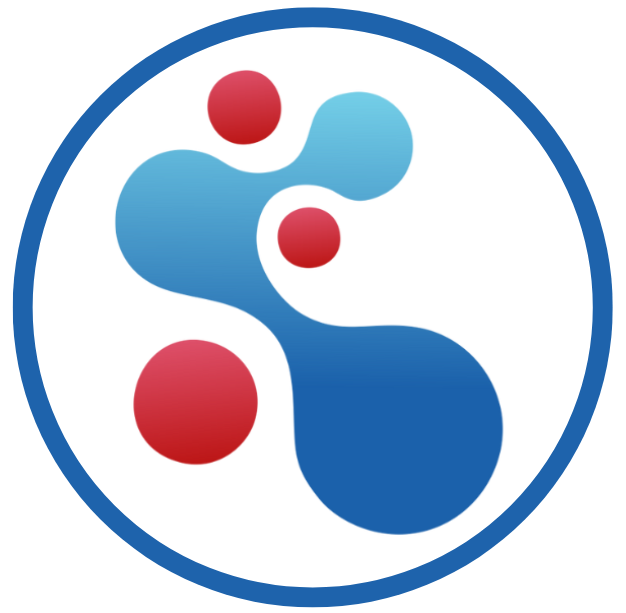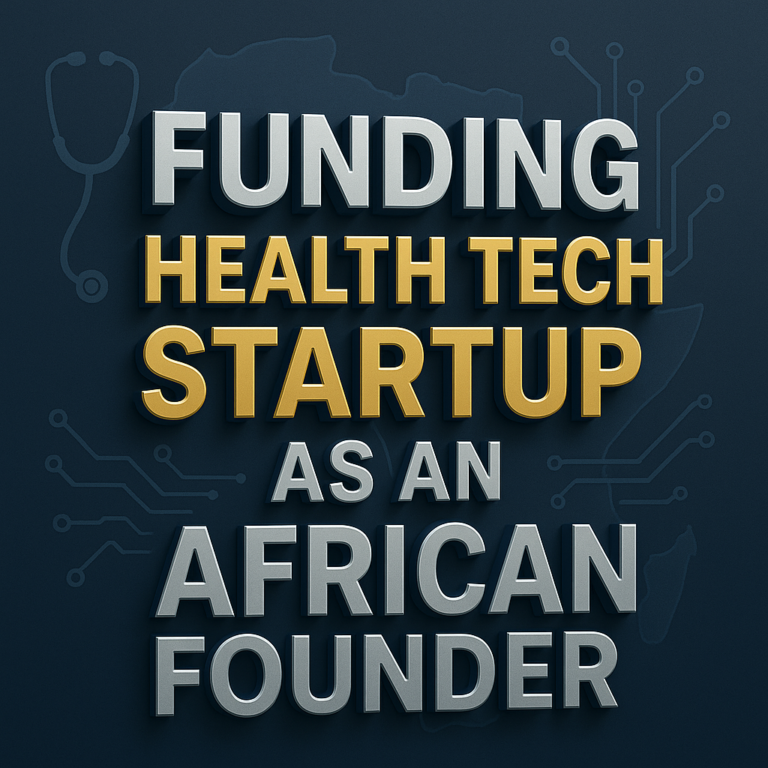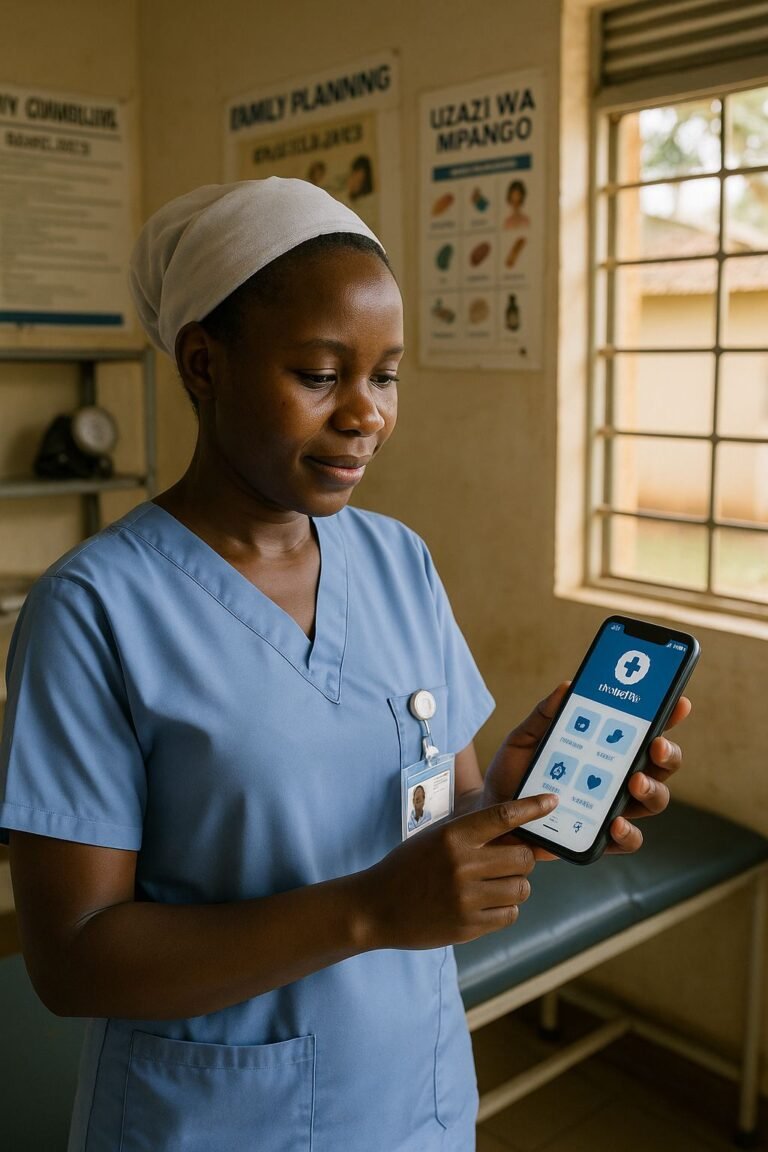The healthtech ecosystem in Nigeria has undergone remarkable transformations since the COVID-19 pandemic. Although there have been some challenges, this has presented an opportunity for innovation and growth. In this reality check, we will explore the dynamics of the ecosystem and the potential for health tech startups to positively impact the healthcare industry.

The Market Dynamics The private sector is a major driver of healthcare delivery in Nigeria. Private healthcare providers account for over 60% of healthcare service delivery in the country. Private spending by individuals accounts for about 75% of overall health expenditure. Due to its significant influence, the private sector is also the main driver of innovative health initiatives. This was particularly evident during the COVID-19 pandemic, where private organisations like 54gene played a critical role in ensuring access to COVID-19 diagnostics through innovative healthcare delivery.
Brick and mortar controls the market. The success of health tech innovations recorded during the pandemic was made possible by leveraging the existing brick-and-mortar health infrastructure. Patients appreciate and value the relationship with their healthcare providers (the doctors, nurses, pharmacists, etc.) and still prefer a physical experience and connection with them.
Don’t innovate in silo. Telemedicine is an important innovation that has the potential to improve healthcare access. However, its penetration in Nigeria is still low, especially when it is not affiliated with existing health facilities. Patients are more likely to accept teleconsultation as a continuation of a previous physical consultation. Healthcare innovators in Nigeria should avoid innovating in isolation.
Like record labels in the music industry, brick-and-mortar is the gatekeeper of the healthcare industry in Nigeria.

Know thy patient. Technology can be used to address the health needs of patients. Still, there is a growing tendency to focus on developing innovative solutions centred around “tech” rather than addressing the actual health challenges of the population. In Nigeria, most of the health needs of the population can be met at the primary healthcare level. Despite the country facing a double burden of infectious diseases and an increasing number of chronic diseases, health innovators should strive to strike a balance that ensures their innovations address the actual health needs of the population.
Product-Market fit. Nigeria needs innovative solutions that are both cost-efficient and context-appropriate. The country’s healthcare system is struggling, and it requires frugal innovation that is adaptive and simple to implement. Adopting or replicating healthcare innovations from developed countries with robust health infrastructure is not advisable for a country with limited resources. Such a decision will lead to failure. Therefore, health innovators need to tailor their solutions to the specific needs of people.
Tech is a conduit. The focus should be on the health needs of the population.
Source: The Future of Healthcare





11 Responses
Checked out Ktoaposta and it’s pretty good, specially if you like sports betting. Odds are good and the interface is nice! Give a try at ktoaposta.
RegisterJalwaGames seems easy enough to join. Will give the registration a shot and see what this Jalwa is all about. Always up for a laugh! registerjalwagames
Heard good things about 99potgame. Seems like a cool place to try your luck with some pot games so why not give it a go: 99potgame
Just installed the ubet95app.net Betting app. Pretty good interface. I recommend it. Give it a look: ubet95app
Alright, so I gave pk67game a whirl. Not bad, not bad at all! The site’s pretty slick, and I found a few games I really enjoyed. Definitely worth checking out if you’re looking for something new. Check them out here: pk67game
92go11 is my go-to for a quick gaming fix! Always a solid experience. Check it out 92go11.
Downloading the 12betapp was a smart move. The interface is really smooth and it’s so much faster to place bets. If you want to download the app use 12betapp link.
Having trouble logging into 12bet? This 12betlogin link is all I use, never had any problems. Makes logging in a breeze so I can get back to betting!
Jonbetcasino? Yeah, gave it a look. It’s a casino, what can I say? If you like spinning those slots, give it a shot. Visit jonbetcasino.
So, you’re trying to login to 23betcasino huh? Well, here’s the link to get you there: 23betcasinologin. Hope it helps!
333betcomlogin? Yep, been there! Smooth process and easy to navigate. Definitely worth checking out if you’re looking for some action. Check it: 333betcomlogin